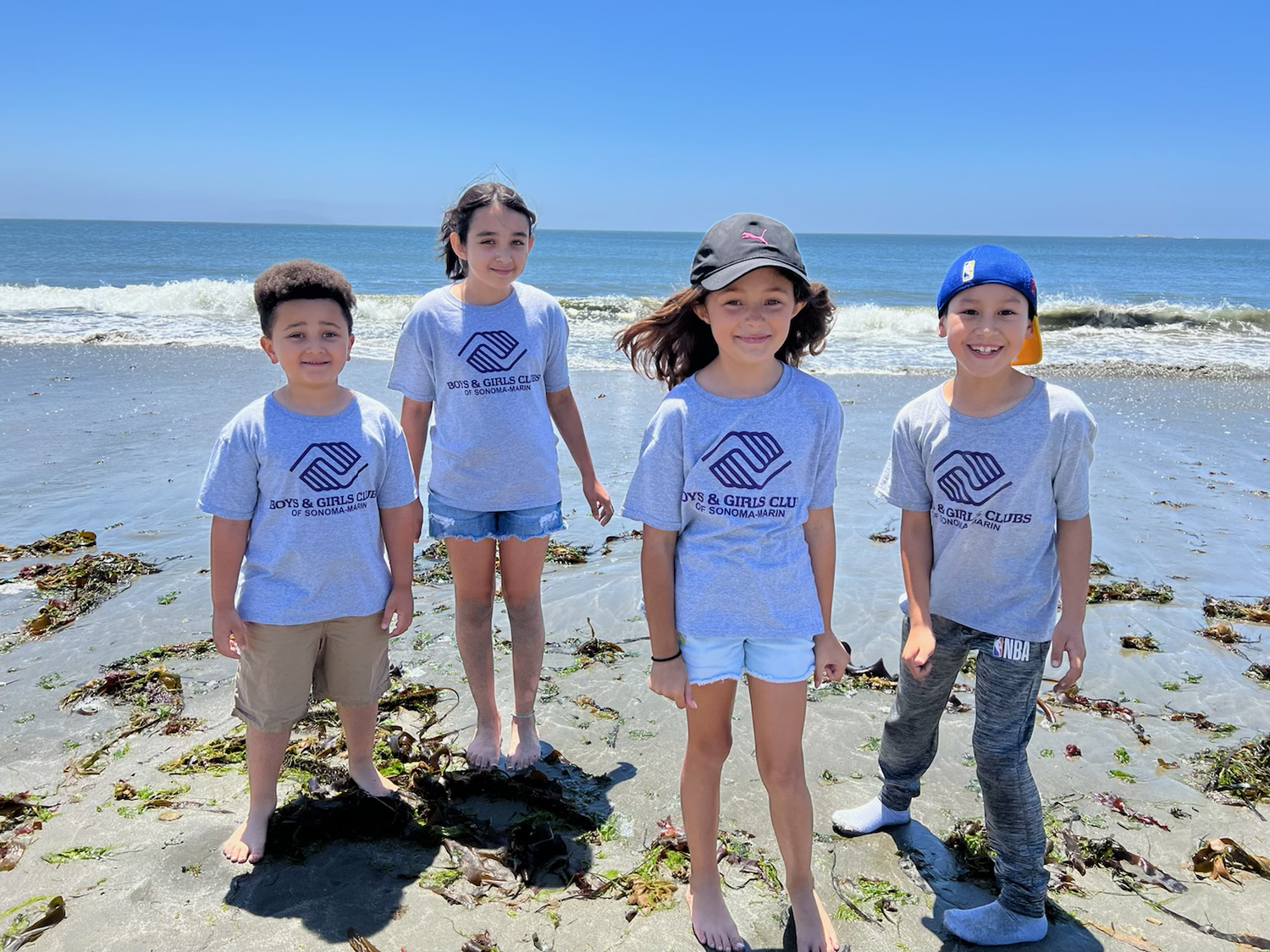
Summer Learning Loss
WHAT IS SUMMER LEARNING LOSS?
Studies show that children who are not in engaged in meaningful summer learning opportunities are destined to start the next school year behind their peers.
Students from low-income families are especially at risk of falling an entire grade behind their fellow higher-income students by 5th grade if they are not provided with summer enrichment and learning opportunities.
81% of youth we serve are considered economically disadvantaged - these truly are the young people who need us most.
As a result of distance learning, students of color are likely to be 12-18 months behind academically, compared with 4-8 months for white students.
WATCH: How Kids Fall Behind During Summer
OUR SOLUTION
Here’s the good news. Experts say that expanded learning programs like Summer Camps are the answer to combat Learning Loss! Our 10-week Summer Camp offers a healthy and safe place for low-income youth with enrichment-based activities designed to help combat summer learning loss.
Our camp seamlessly integrates educational games, hands-on projects, and enriching activities with classic fun like music, games, and sports. This keeps young minds engaged and prevents summer learning loss, all while fostering a love for exploration and discovery.
HOW YOU CAN HELP
Our Summer Camp normally costs the organization an average of $2,500 per camper for the summer. There are also more kids in need than ever before, due to the compounded learning loss as a result of a year of distance learning.
With your support, we can help offset these increased costs to ensure that the children who need Summer Camp the most receive the opportunity to attend.
ADDITIONAL INFORMATION
THE CASE FOR CAMP
High-quality summer programming is essential to the academic and social success of the youth we serve. All young people experience learning losses when they do not engage in educational activities during the summer.
Educational Opportunities
Most students lose about two months of grade level equivalency in mathematical computation skills over the summer months.
Low-income students also lose more than two months in reading achievement, despite the fact that their middle-class peers make slight gains.
More than half of the achievement gap between lower- and higher-income youth can be explained by unequal access to summer learning opportunities.
Additionally, the achievement gap widened during distance learning where lower & higher income youth experience disparity in teacher access, connectivity, and adult help.
As a result, low-income youth are less likely to graduate from high school or enter college (Catherine Augustine et. Al 2016).
Barbara Heyns, a New York University sociologist, spent two years following nearly 3,000 sixth- and seventh-grade students in Atlanta’s public schools. She found that children who read at least six books during the summer maintained or improved their reading skills, while children who did not read at all during the summer saw their literacy skills slip by as much as an entire grade level. Additionally, the academic advantage for students with high summer program attendance translated to between 20-25% of typical annual gains in math and reading (Heyns 2015).
Food Security
“If kids living in low-income neighborhoods don’t have access to healthy food and safe places to play, what are we setting them up for? . . . It seems almost an unreasonable expectation for many of these lower-income students to be ready for school in the fall when they have gone part or all of the summer break without adequate nourishment for their bodies or minds”
Camp doesn’t just impact academic success. Our Summer Camps also cultivate healthy lifestyles. In 2016, only 16% of the students who were receiving free or reduced-price lunches received similar services during summer. (“School’s Out…Who Ate?”). Most community food banks report summer as the busiest time, suggesting that it is a time of real struggle for families. Additionally, most children—particularly children at high risk of obesity—gain weight more rapidly when they are out of school during summer break due to low-nutrition food and a lack of exercise (Why do Summer Learning and Wellness Programs Matter?).
CAMP AT-A-GLANCE
Our Summer Camp is a healthy, safe place offered during the long summer days when many children have no other enrichment opportunities. Our programs weave our desire to help youth focus on academic success, healthy lifestyles, and good character into 10 weekly themed camp experiences. Packed to the gills with fun from the very first day, we focus on providing life-changing programs for those children who cannot afford other camps and, thus, would otherwise be spending their summer days at home in front of a screen.
This year, we aim to provide 620,000 hours of high-quality, high-impact summer programming to nearly 1,200 local kids. We will serve almost 200,000 healthy meals and snacks and we will provide over 5,000 summer field trip opportunities.
Additionally, woven into the daily Summer Camp program are activities designed to help stem summer learning loss through continuing academic support, including English language skills for our English learner population, to develop leadership opportunities for older youth to assist as Counselors-in-Training, and to build strong nutrition and fitness programs to help combat childhood obesity.
Literacy & Math at Camp
In an effort to maintain reading & math skills Campers have developed throughout the school year, we set aside at least 60 minutes every day to engage our Campers directly with literature and 60 minutes for math. Our Camp Teams prompt Campers to practice literacy skills by engaging them in individual and shared writing experiences. A partnership with the Sonoma County Library at every camp locations brings Children’s Librarians on site and keeps kids engaged with age appropriate books & literacy activities. Furthermore, we will partner with school districts to implement supplemental curriculum.
Campers track their reading & math each summer and celebrate their successes all summer long. For example, we aim to have every camper reads for 1,500 minutes over the summer! We know this programming helps keep these young people on track for a strong start to the school year in August.






